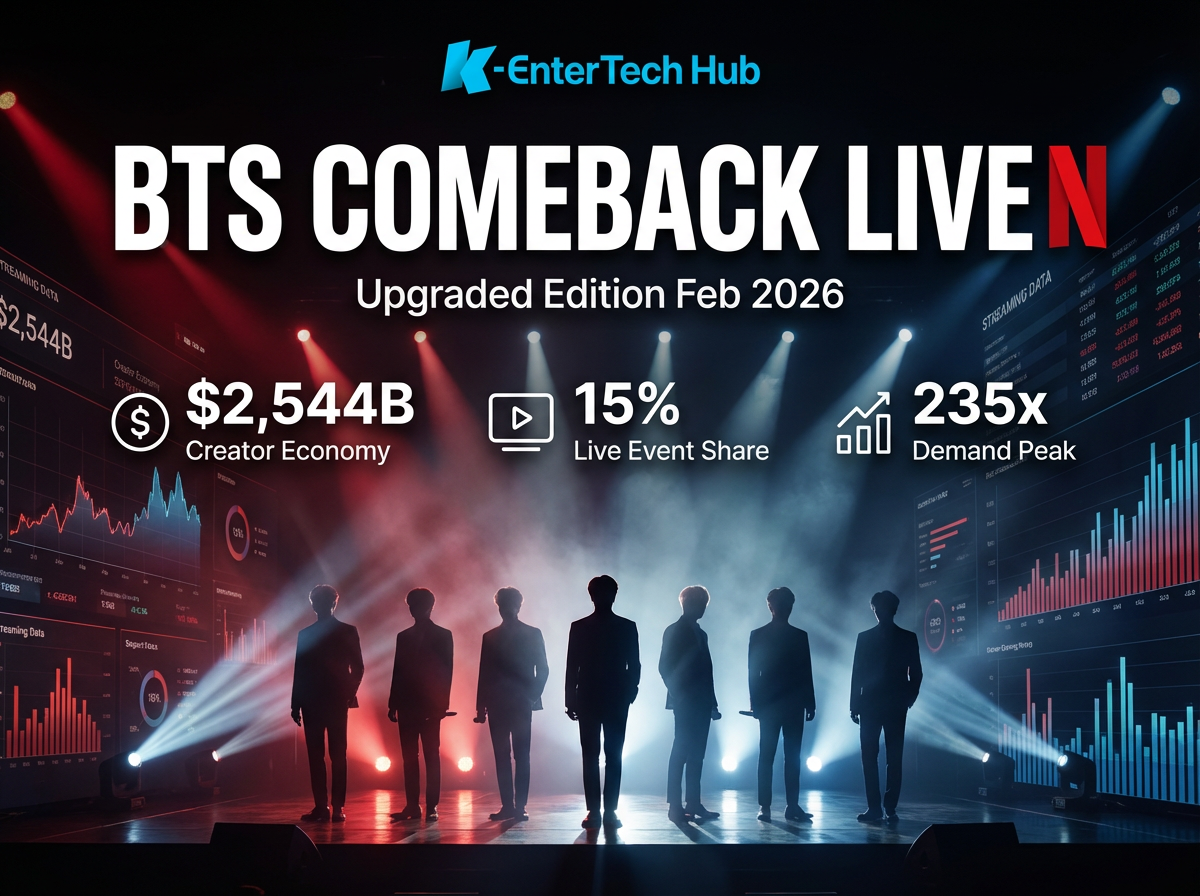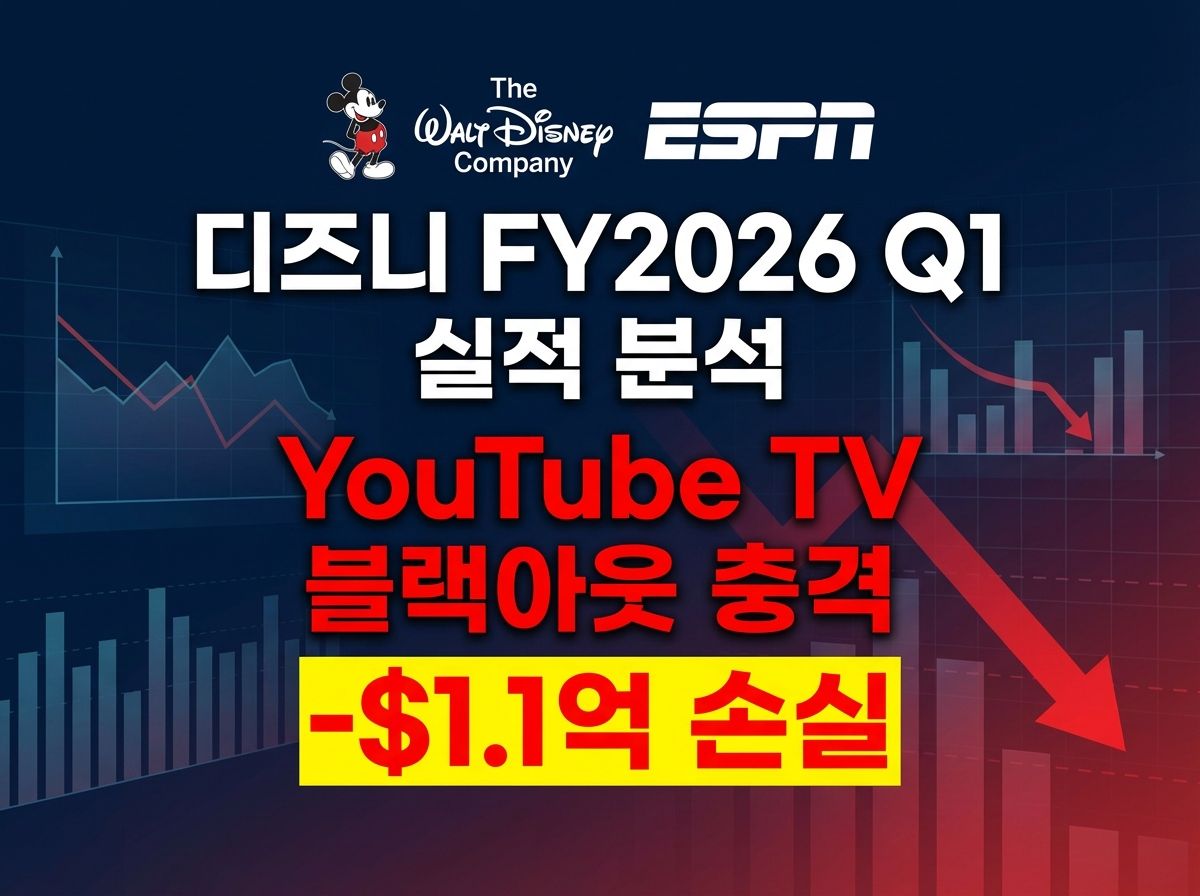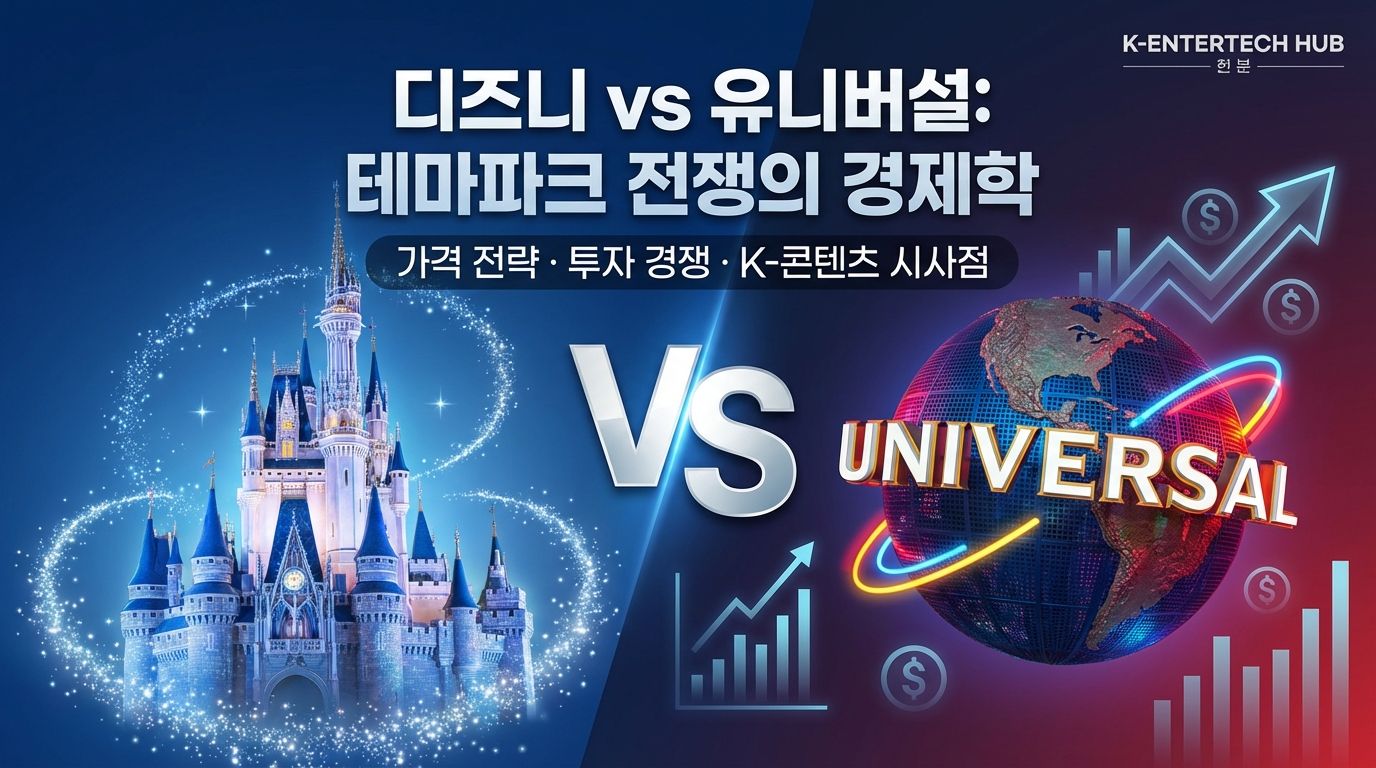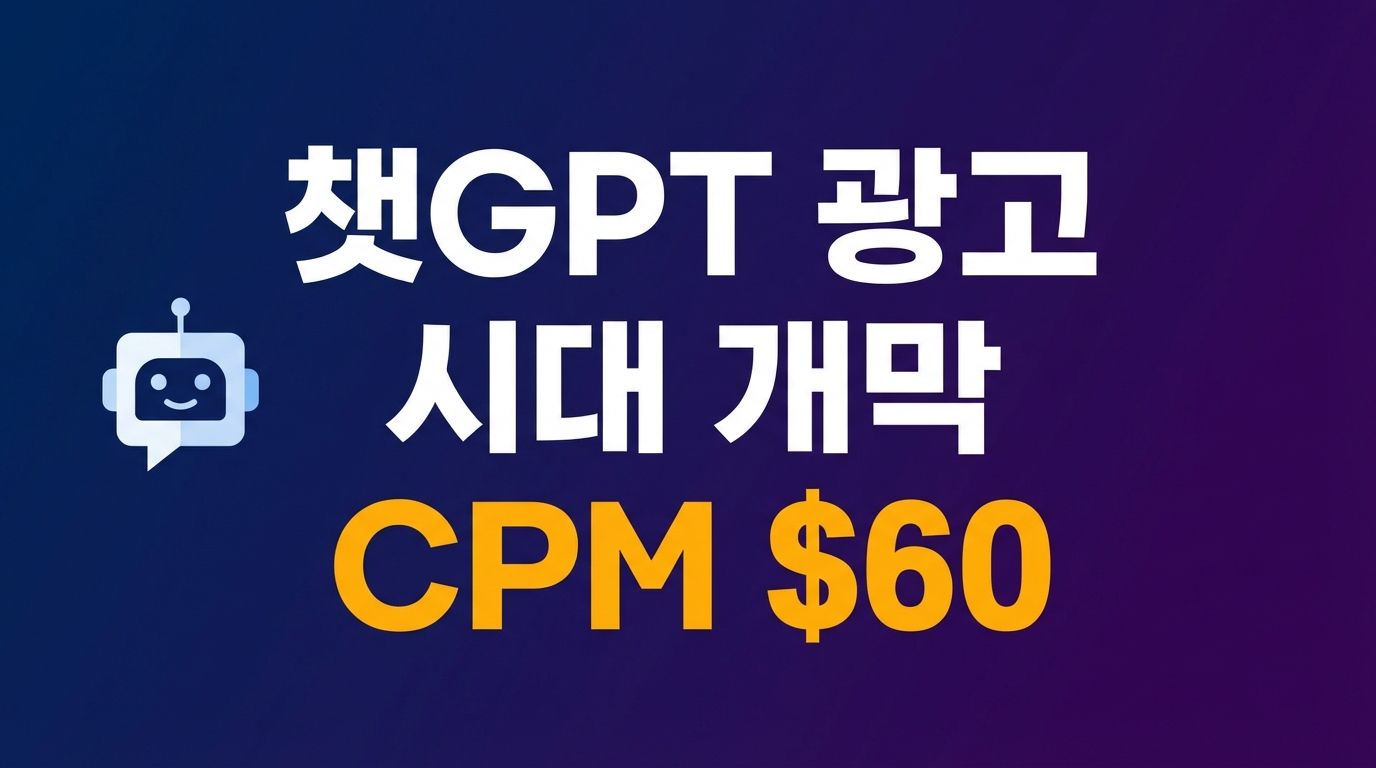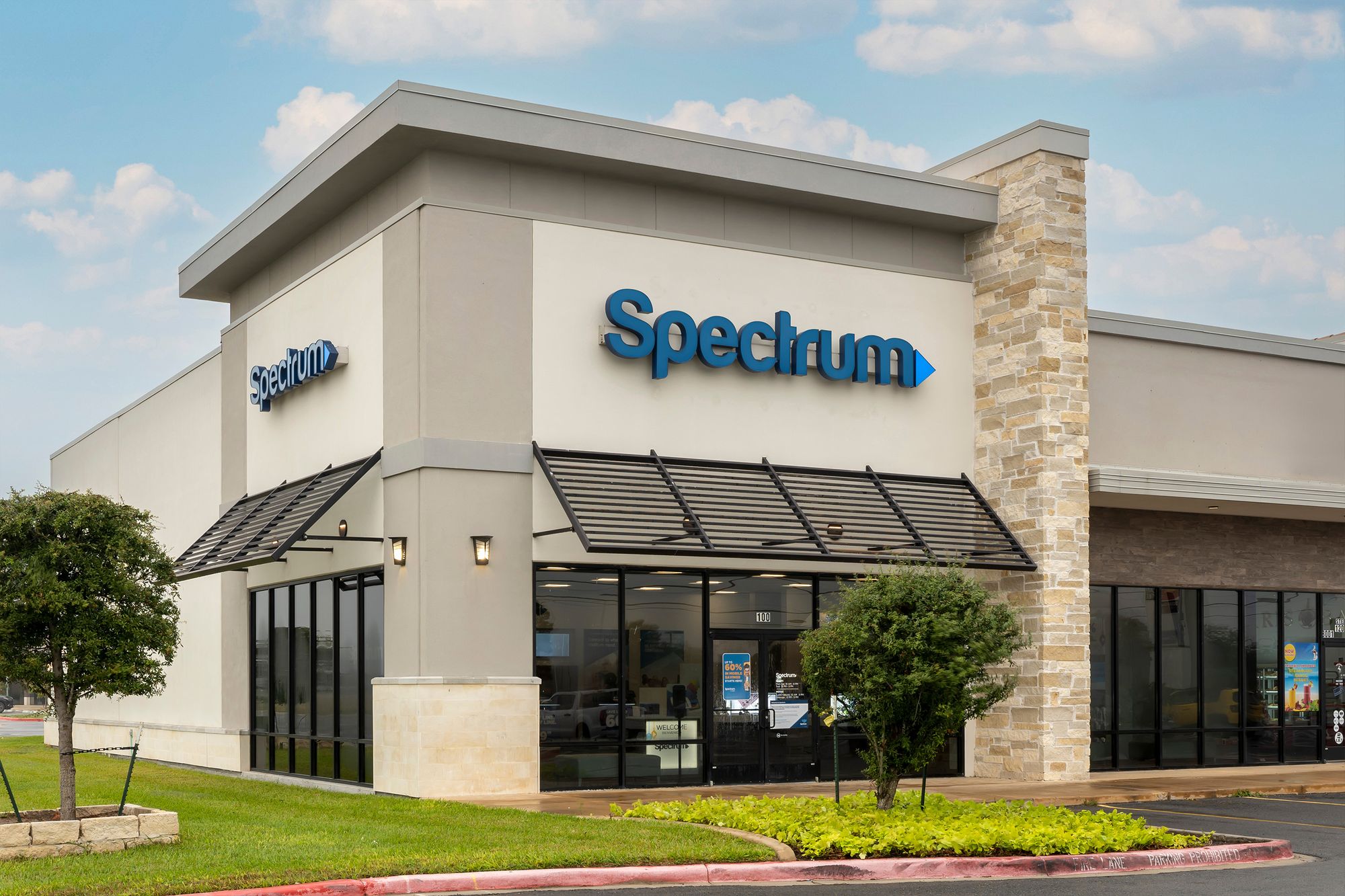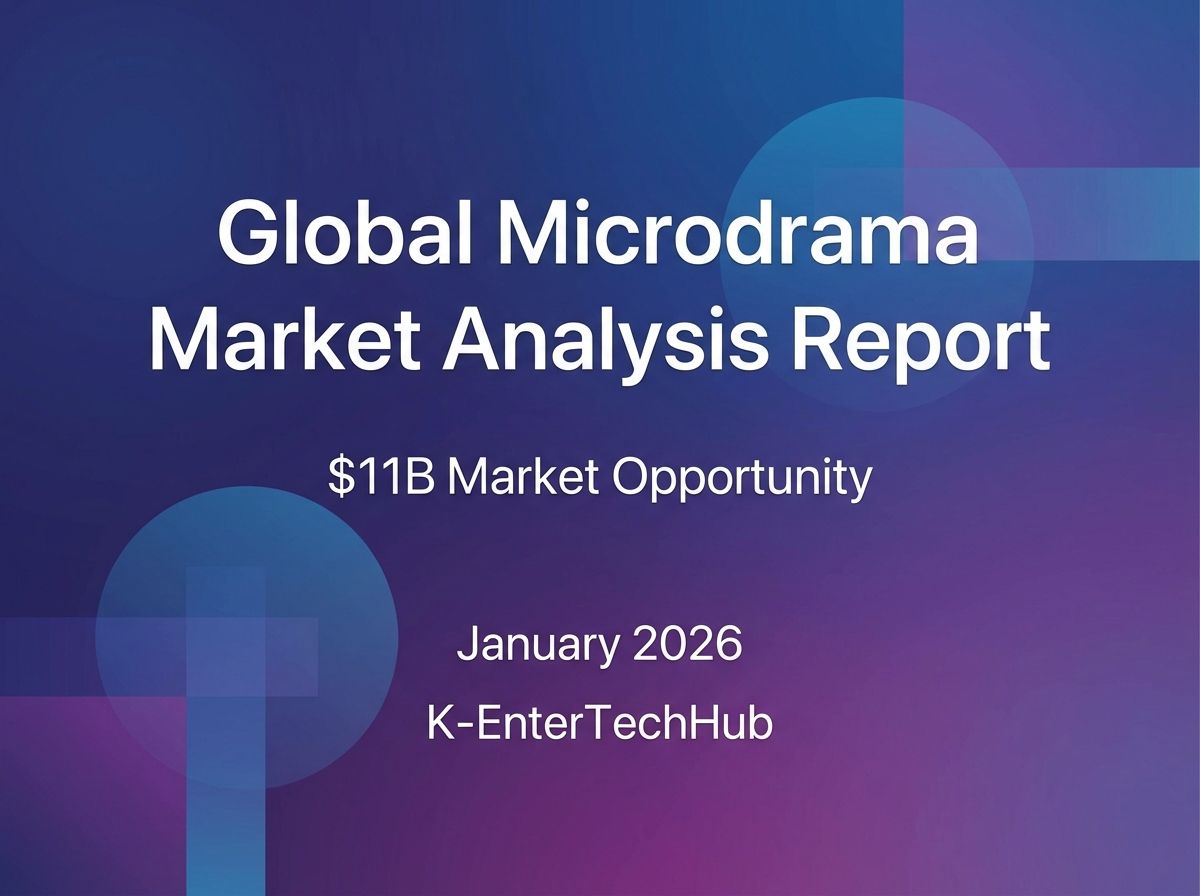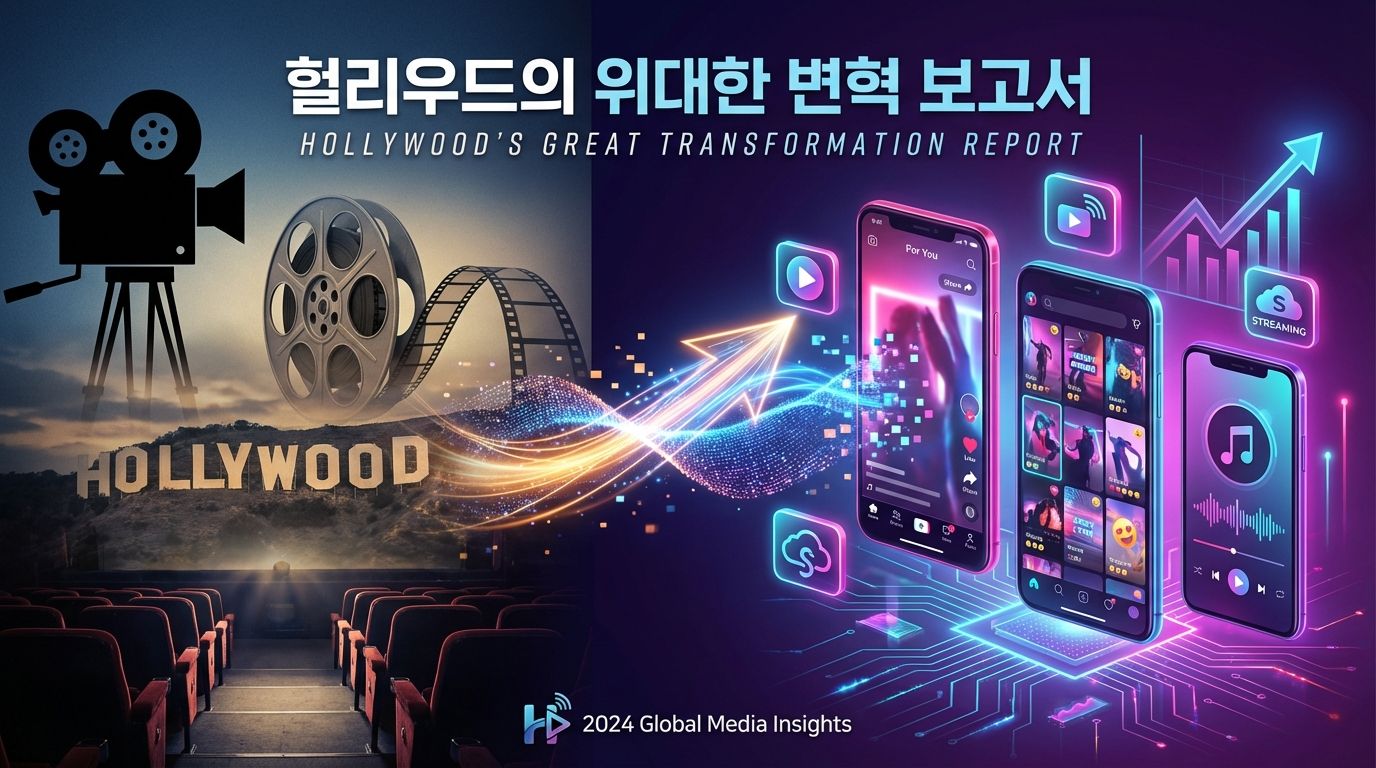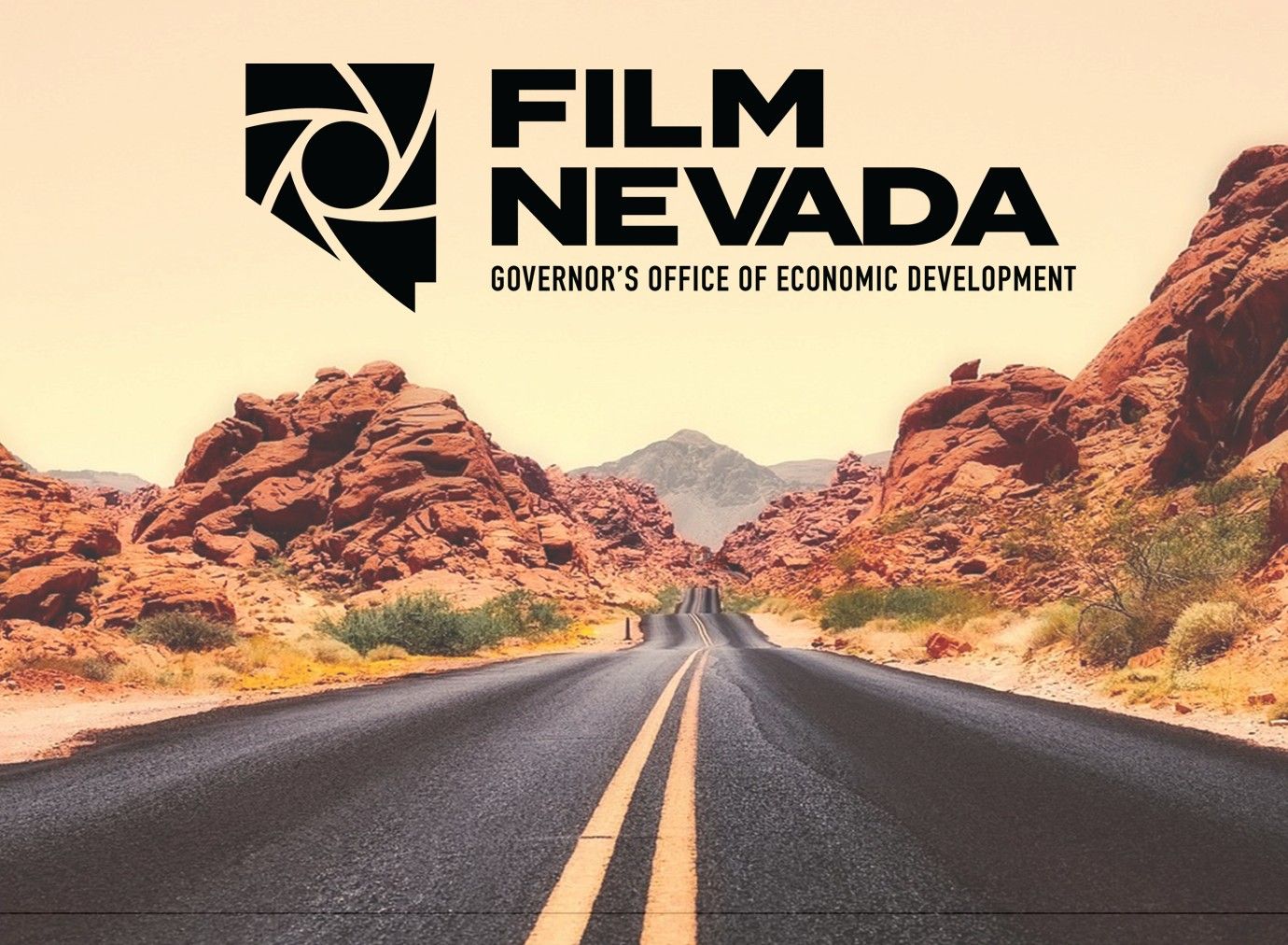디즈니·유니버설, AI 기업 '미드저니' 상대 첫 저작권 소송 제기
"AI가 우리 캐릭터 도용해 수익 창출" 할리우드 메이저 스튜디오 반격 나서
글로벌 엔터테인먼트 업계의 양대 거인 월트디즈니컴퍼니(The Walt Disney Company)와 NBC유니버설(NBCUniversal)이 인공지능(AI) 이미지 생성 업체 미드저니(Midjourney)를 상대로 대규모 저작권 침해 소송을 제기했다.
할리우드 메이저 스튜디오가 생성 AI 기업을 상대로 한 첫 법적 대응으로, 다스 베이더(Darth Vader)부터 미니언즈(Minions)까지 수백 개 캐릭터의 무단 복제를 근거로 한 이번 소송은 AI 시대 지적재산권 보호를 둘러싼 결정적 법정 공방의 신호탄이 됐다. 연간 2,290억 달러(약 316조 원) 규모의 미국 엔터테인먼트 산업 전체의 명운이 걸린 이번 사건은 전 세계 AI 규제 정책의 새로운 이정표가 될 전망이다.
월트디즈니컴퍼니와 NBC유니버설은 6월 11일(현지시간) 캘리포니아주 로스앤젤레스(Los Angeles) 중부지방법원(U.S. District Court for the Central District of California)에 미드저니를 상대로 저작권 침해 소송을 제기했다고 발표했다.
110페이지 분량의 소장에서 두 회사는 "미드저니가 수많은 저작권 보호 작품을 무단으로 가져다가 소프트웨어 훈련에 사용했으며, 이를 통해 디즈니와 유니버설의 유명 캐릭터들을 노골적으로 복사하고 결합한 이미지와 곧 출시될 비디오를 생성하고 있다"고 주장했다.
양사는 "미드저니는 전형적인 저작권 무임승차자(copyright free-rider)이자 표절의 무저갱(bottomless pit of plagiarism)"이라며 강력히 비난했다. 미드저니 측은 논평 요청에 즉각 응답하지 않았다.
Disney and Universal Sue AI Company Midjourney for Copyright Infringement
"AI Piracy Threatens Foundation of American Creative Industries," Major Hollywood Studios Fight Back
The Walt Disney Company and NBCUniversal, two entertainment industry giants, have filed a landmark copyright infringement lawsuit against AI image generator Midjourney, marking the first major legal action by Hollywood studios against generative AI companies. The 110-page complaint alleges that Midjourney has illegally copied hundreds of copyrighted characters—from Darth Vader to the Minions—to train its AI systems and generate profitable content without compensation. This groundbreaking case, involving an industry worth $229 billion annually in wages alone, is poised to become a defining moment in the global battle over AI regulation and intellectual property rights in the digital age.
The Walt Disney Company and NBCUniversal filed the federal lawsuit on Wednesday in the U.S. District Court for the Central District of California in Los Angeles, alleging that Midjourney "helped itself to countless" copyrighted works to train its software, which allows users to create images and soon videos that "blatantly incorporate and copy Disney's and Universal's famous characters."
"Midjourney is the quintessential copyright free-rider and a bottomless pit of plagiarism," the companies stated in their lawsuit. Midjourney did not respond to requests for comment.
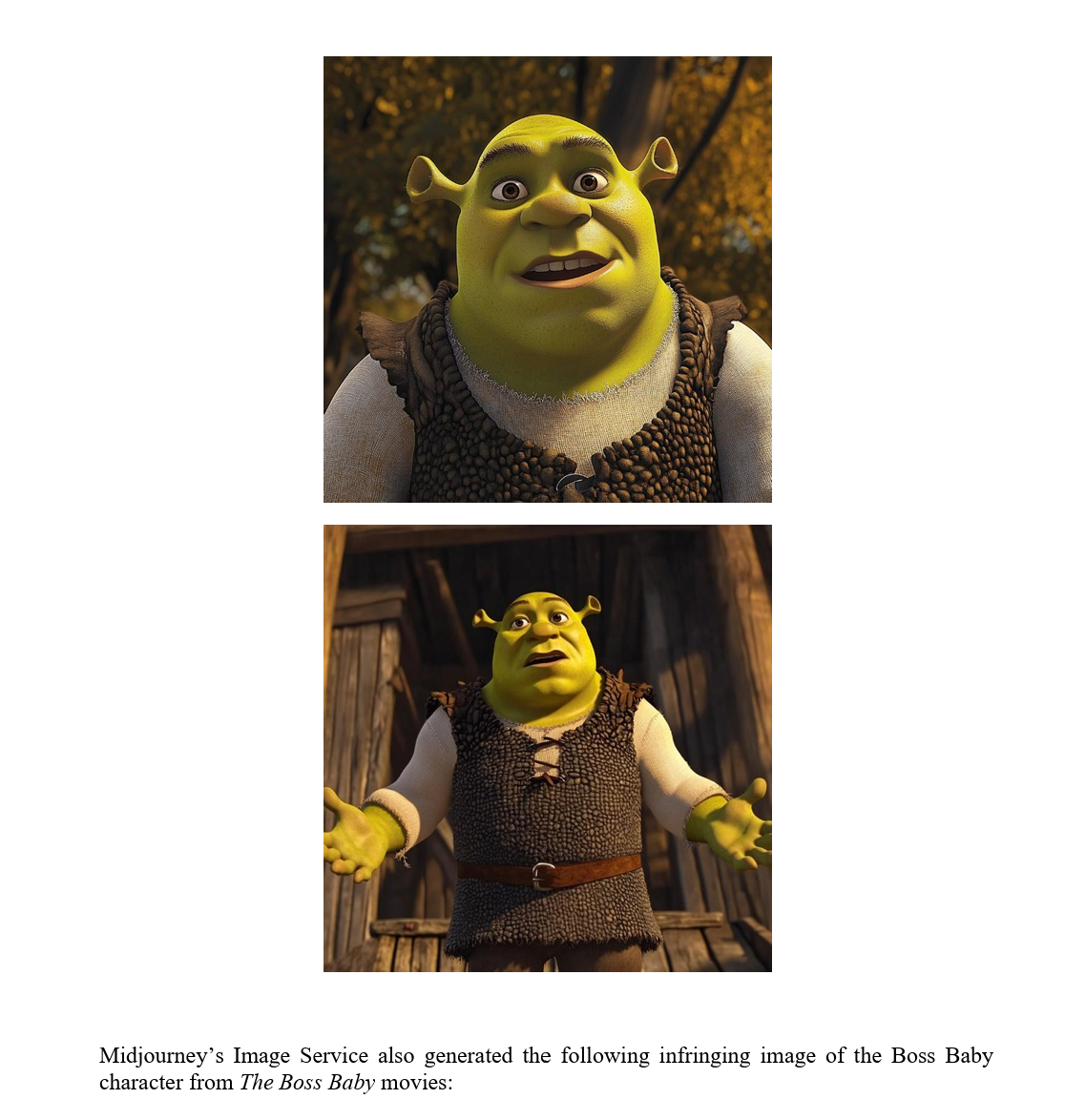
구체적 침해 사례들: 주요 캐릭터 '복제품' 양산
소송장에는 미드저니가 생성한 것으로 추정되는 수많은 침해 이미지들이 증거로 제시됐다. 여기에는 마블(Marvel)의 데드풀(Deadpool)과 울버린(Wolverine), 아이언맨(Iron Man), 스파이더맨(Spider-Man), 헐크(Hulk)를 비롯해 스타워즈(Star Wars)의 다스 베이더(Darth Vader), 요다(Yoda), R2-D2, C-3PO, 츄바카(Chewbacca), 디즈니의 겨울왕국(Frozen) 엘사(Elsa)와 올라프(Olaf), 심슨 가족(The Simpsons)의 호머 심슨(Homer Simpson), 픽사(Pixar)의 토이 스토리(Toy Story) 버즈 라이트이어(Buzz Lightyear)와 카스(Cars)의 라이트닝 맥퀸(Lightning McQueen), 드림웍스(DreamWorks)의 '드래곤 길들이기(How to Train Your Dragon)', 유니버설의 슈렉(Shrek)과 '슈퍼배드(Despicable Me)' 시리즈의 노란 미니언즈(Minions) 등이 포함됐다.
특히 뉴욕타임스(The New York Times)가 2024년 2월 보도한 바에 따르면, 미드저니에 단순히 "애니메이션 장난감(animated toys)"이라고 입력해도 디즈니 소유 픽사의 '토이 스토리'에 나오는 버즈 라이트이어와 기타 캐릭터들과 거의 동일한 이미지가 생성된다고 밝혀진 바 있다.
Comprehensive Evidence of Character Copying
The lawsuit includes extensive documentation of alleged infringement, featuring AI-generated images that closely replicate iconic characters from both studios' vast portfolios. Evidence includes Marvel's Deadpool and Wolverine, Iron Man, Spider-Man, and the Hulk; Star Wars characters including Darth Vader, Yoda, R2-D2, C-3PO, and Chewbacca; Disney's Princess Elsa and Olaf from "Frozen"; characters from "The Simpsons"; Pixar's Buzz Lightyear from "Toy Story" and Lightning McQueen from "Cars"; DreamWorks' "How to Train Your Dragon"; and Universal's Shrek and the yellow Minions from the "Despicable Me" franchise.
The New York Times reported in February 2024 that simply typing "animated toys" into Midjourney resulted in near-exact images of Buzz Lightyear and other characters from "Toy Story," a movie made by Pixar, which is owned by Disney. This demonstrates how easily the AI system can reproduce copyrighted content with minimal prompting.
미드저니의 급성장과 수익 모델
2021년 설립된 미국 샌프란시스코(San Francisco) 소재 미드저니는 빠른 성장세를 보이고 있다. 2024년 9월 기준 약 2,100만 명의 사용자를 보유하고 있으며, 2023년 2억 달러 이상, 지난해에는 약 3억 달러(약 4,140억 원)의 매출을 기록했다. 이는 2022년 5,000만 달러에서 6배 증가한 수치다.
미드저니는 월 10달러의 기본 플랜부터 120달러의 '메가(mega)' 플랜까지 다양한 구독 서비스를 제공한다. 사용자가 원하는 이미지에 대한 설명을 텍스트로 입력하면 몇 초 만에 고품질 이미지를 생성해주는 서비스로, 스테빌리티 AI(Stability AI)나 오픈AI(OpenAI)의 달리(DALL-E) 등과 경쟁하고 있다.
미드저니 웹사이트에 따르면 "우리는 디자인, 인간 인프라, AI에 중점을 둔 소규모 자체 자금 조달 팀"이라며 "11명의 정규직 직원과 놀라운 자문단을 보유하고 있다"고 소개하고 있다. 창립자이자 최고경영자(CEO)인 데이비드 홀츠(David Holz)는 이전에 VR/AR 스타트업 립모션(Leap Motion)의 공동창립자이자 최고기술책임자(CTO)를 역임했으며, 미국항공우주국(NASA)의 전직 연구원이자 막스플랑크연구소(Max Planck Institute)에서 신경과학 연구를 수행한 바 있다. 홀츠는 2022년 8월 기술 매체 더 레지스터(The Register)와의 인터뷰에서 미드저니가 "이미 수익성을 확보했다"고 밝힌 바 있다
Midjourney's Rapid Growth and Business Model
Founded in 2021 and based in San Francisco, Midjourney has experienced explosive growth. As of September 2024, the company boasts approximately 21 million users and generated roughly $300 million in revenue last year, up from $50 million in 2022—a six-fold increase in just two years.
Midjourney operates on a subscription model, offering plans ranging from $10 for a basic monthly subscription to $120 for a "mega" plan, depending on processing speed and other factors. The service allows users to input text descriptions and receive high-quality images within seconds, competing directly with Stability AI and OpenAI's DALL-E.
According to Midjourney's website, "We are a small self-funded team focused on design, human infrastructure, and AI. We have 11 full-time staff and an incredible set of advisors." The company's founder and CEO, David Holz, previously co-founded and served as CTO of well-funded VR/AR startup Leap Motion. Holz is a former NASA researcher who also conducted neuroscience research at the Max Planck Institute. In an August 2022 interview with tech publication The Register, Holz stated that Midjourney was "already profitable."
.

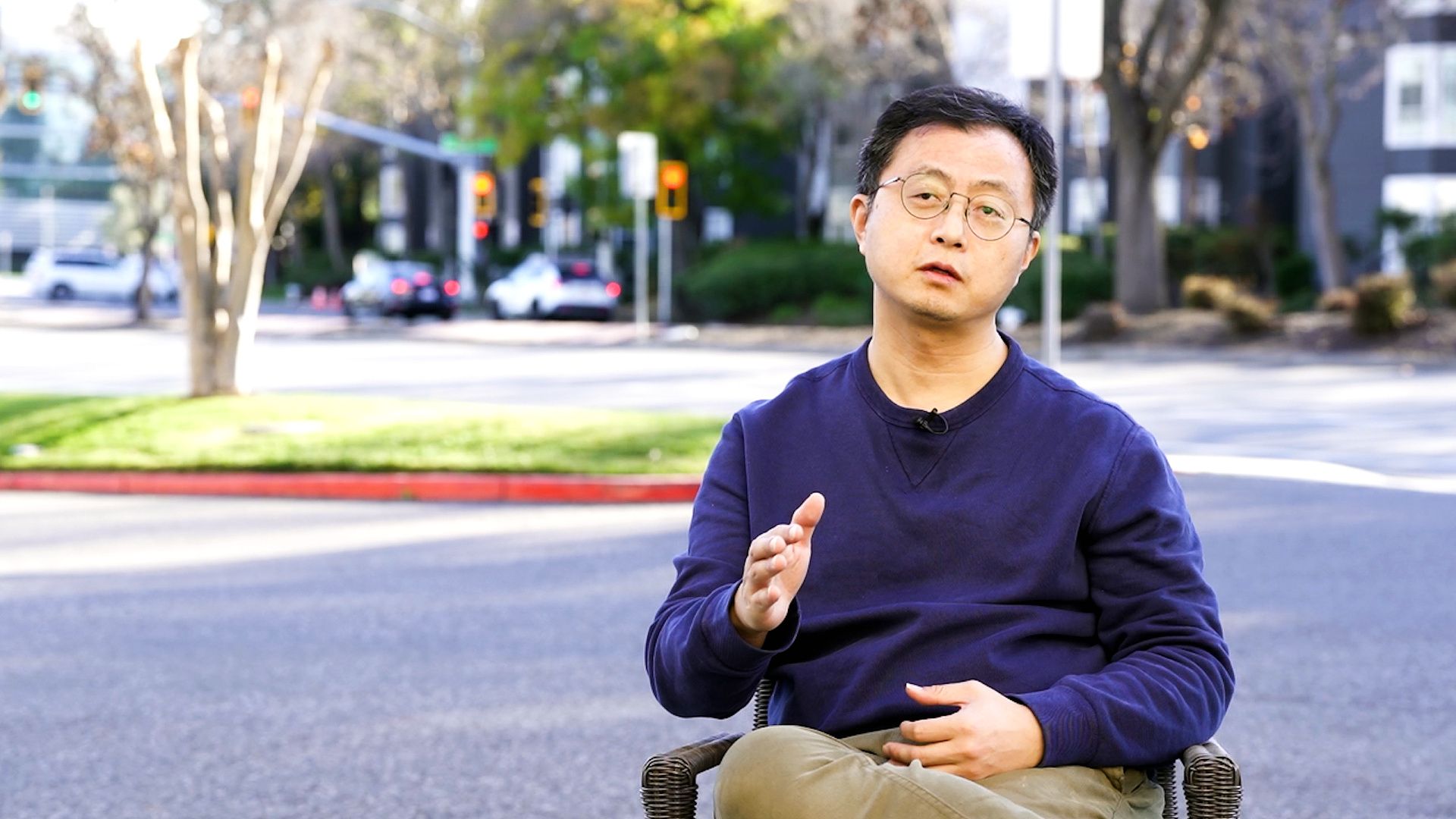
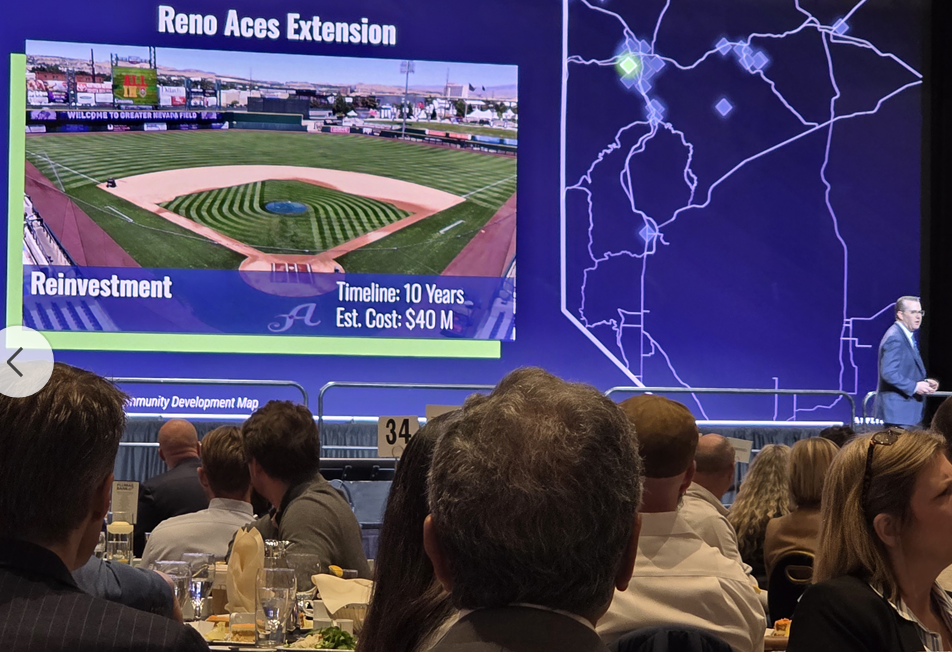
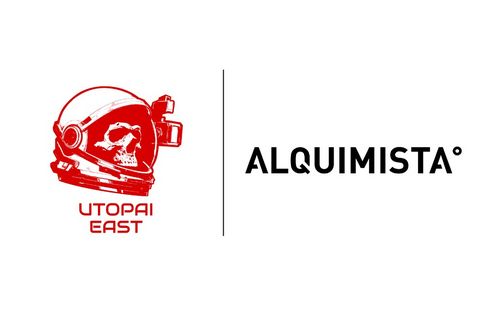
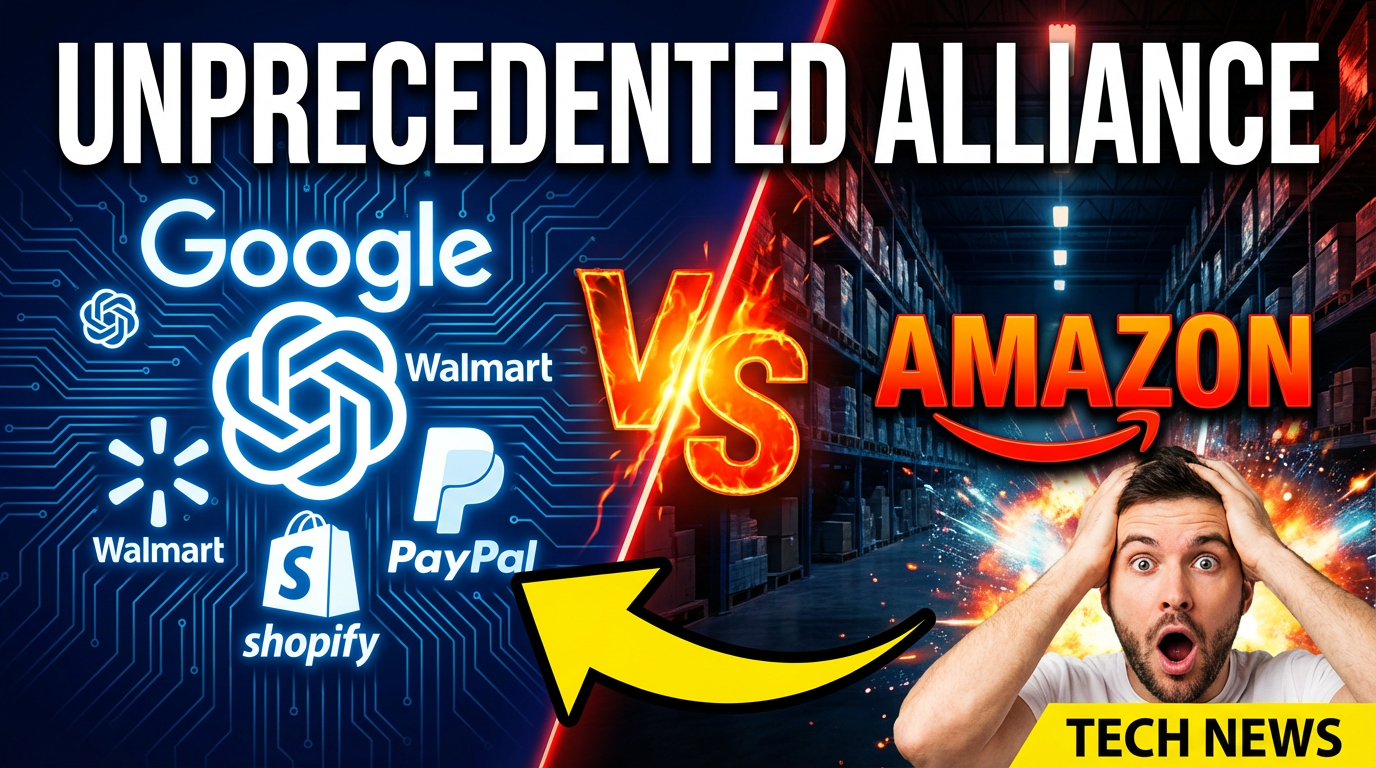

![[보고서]전통 언론사의 크리에이터 전략 대전환](https://cdn.media.bluedot.so/bluedot.kentertechhub/2026/02/0nwc9z_202602100212.png)
